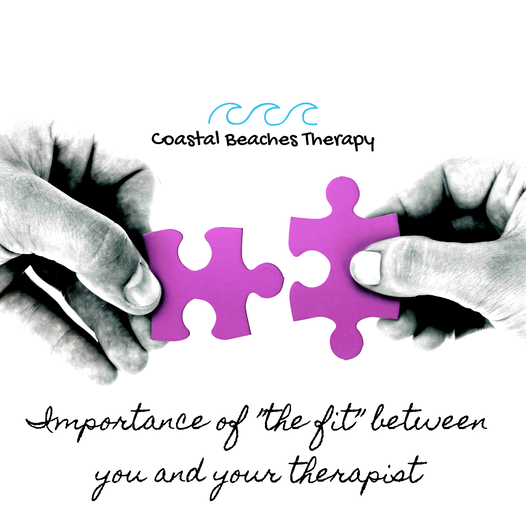|
Now that the June 15th deadline has passed and college coaches can reach out to high school athletes, the pressure felt by athletes is palpable. When I work with athletes, we collaboratively establish a mental game plan to assist them in preparation for a diverse variety of challenges ahead.
For example, when a student athlete learns to focus on small, but impactful goals, I notice a shift in their mindset. As the internal pressure for perfection decreases, the motivation to instead achieve excellence increases. Instead of focusing on the outcome of performance, we work on developing intentional awareness to areas of the game they want to improve. I believe sports are played with the body, but are won in the mind. And if an athlete concentrates primarily on impressing others through their performance, they are creating extra-tension which clouds purpose, passion and can lead to burnout. If you or your student athlete is feeling overrun with pressure, let's get a game plan together. Have we met yet? If not, I want to take this time to introduce myself.
1. I am Amy Pope-Latham - Licensed Clinical Social Worker in the state of Florida. I am originally from Long Island, New York or as it is pronounced back home, "Lawng Guyland". 2. I am a Certified Eye Movement Desensitization Reprocessing (EMDR) therapist. I utilize a Somatic Attachment Focused EMDR (SAFE) model in my practice as a trauma therapist. 3. I specialize in working with athletes and adolescents! I also have the privilege of working with a variety of amazing people, regardless of my specializations. 4. I love medicine and I have tremendous respect and admiration for the human body. That being said, I largely use biology, neuroscience, and physiology concepts in my practice to better help my clients. 5. My posts on social media and this blog are not therapy and should never be considered a replacement for therapy. You are allowed to laugh and enjoy the content I share though! Thank you for attending my Ted-Talk. Enjoy the rest of your day! -Amy Connection between client and therapist is so important, if not the MOST important factor in any type of helping relationship. And like meeting new friends or dating, you aren't going to click with everyone and that is okay!
I feel that one of the best things about therapy is the abundance of therapists out there, and if you decide a therapist isn't a good match for you, then you don't need to go back! Of course, if you make the decision to find a new therapist, I encourage letting the existing therapist know. He or she may offer a session at no cost to you where he or she can offer a termination session. Termination is a gradual and completely NORMAL process of therapy and technically begins the first session of therapy. Your therapist should support this concept in treatment. So where to begin? Please keep these things in mind when searching for a therapist you will vibe with:
I am a huge advocate for using a strengths-based perspective. So when I meet with someone for session, I am going to ask "what's strong in you?" rather than "what's wrong in you?"
When I would have resident physicians shadow me as a therapist in Tallahassee, I would often get asked questions that focused on finding connection with adolescents and finding ways to get to the roots of presenting mental health issues. I will never forget a specific conversation I had with a resident one day. He told me that during his rotation in the emergency room, he said he had seen an adolescent patient who attempted suicide by slitting his/her wrists and didn't know where to begin or how to begin talking to the teenager. I encouraged him to start where the patient is. Through his lens, it would have been expected of the resident to look at the physical cuts to the wrists and begin treatment there. But I invited him to acknowledge that patient, that person's pain. Yes, physical pain is obvious, but clearly that person was in a kind of pain that modern medicine, no matter how advanced, could not directly touch. That kind of pain can be more significant than any physical pain you or I can experience considering we can find refuge in knowing a blood test, IV infusion, or over the counter prescription can locate the root of the issue and give us relief. Healing begins the moment we feel heard. So why are we not making greater efforts to listen? Do not let fear steer the wheel of your life decisions. You can accomplish a lot more looking at things through the lens of love rather than the lens of fear. Once we can acknowledge we are saying no with love instead of saying yes with fear, setting boundaries could become a lot less painful for some. Have a great start to your week!
Generally speaking, Cognitive Behavioral Therapy (CBT) works by breaking down the thoughts, images, beliefs and attitudes and how these processes relate to how a person behaves (and emotionally responds).
. . Let’s look at this model from a different lens, or a somatic lens: you experience an event your BODY responds with a feeling (e.g danger, fear, excitement, happiness, pain) feeling gets translated into thought/opinion/memory (e.g Is it safe? Is it going to be painful? Can I get hurt from it? Maybe I should post that selfie to show my ex how I’m thriving) you respond and go from there (aka your behavior) . . . What’s my point? I hear A LOT of horror stories of folks having their feelings invalidated. Your feelings are so important. YOU are important. And when you are able to identify what you FEEL you can identify the thought and if you can do that, you can do ANYTHING. |
AuthorAmy Pope-Latham, LCSW is a board certified mental health professional in Ponte Vedra Beach, FL. Archives
December 2022
Categories
All
|




 RSS Feed
RSS Feed